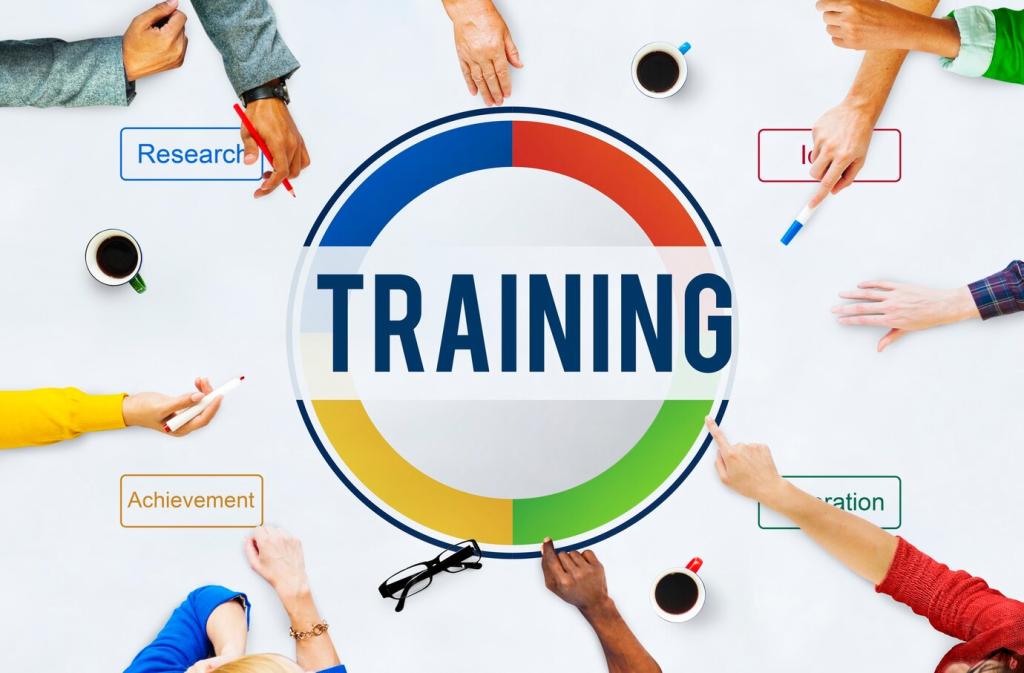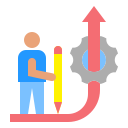Gamification in Skill Development Programs: Level Up Your Learning
Today’s chosen theme: Gamification in Skill Development Programs. Discover how thoughtful game mechanics—quests, points, narrative, and rapid feedback—turn practice into purposeful play that builds competence. Join the conversation, share your wins, and subscribe for weekly strategies and field-tested playbooks.
Why Gamification Boosts Real-World Skills
Gamification works when it supports autonomy, competence, and relatedness, helping learners practice by choice, see clear progress, and feel connected to peers. Frequent feedback, small wins, and meaningful goals transform repetition into deliberate practice that actually sticks.
Why Gamification Boosts Real-World Skills
Badges and points should represent genuine capability, not vanity. Tie rewards to evidence of skill, unlock new challenges at mastery moments, and celebrate reflection as much as completion. Tell us how you balance recognition with intrinsic curiosity in your programs.



Core Game Mechanics for Skill Development
Use points to track mastery milestones, not mere activity. Let badges certify demonstrable skills with clear criteria and embedded evidence. Progress bars should reflect competency growth across a capability framework, signaling what to practice next and why it matters.




What Research Suggests
Studies often find gamification improves short-term engagement, especially when mechanics align with clear goals and provide autonomy-supportive feedback. Effects on performance rise when tasks reflect reality and feedback guides strategy, not just speed. Poorly aligned leaderboards can backfire.

Community Anecdote: The Mentorship Badge
A leadership cohort introduced a mentorship badge requiring shadowing, guided feedback, and a co-facilitated session. Participants reported deeper confidence and stronger networks. The badge mattered because it represented authentic contribution, not attendance. Would a similar badge fit your culture?

Microlearning Meets Gamified Practice
Small, daily challenges with spaced repetition led one sales team to rehearse objections without fear. A simple streak plus reflection journal boosted consistency. Subscribe to receive templates for building micro-challenges that reinforce critical skills without overwhelming calendars.
Measuring Impact and Iterating

Look beyond completion. Track time-to-competence, error rates, transfer to job tasks, retention of key concepts, and self-efficacy shifts. Pair leading indicators like practice frequency with lagging outcomes like certification or performance reviews to see the full picture.
Tools and Implementation Pathways
Seek platforms that integrate with your LMS, support evidence-backed badges, enable analytics, and respect privacy. Mobile access, offline modes, and accessibility standards matter. Comment with your non-negotiables so others can learn from your procurement checklist.
Tools and Implementation Pathways
You can pilot with spreadsheets, forms, and simple leaderboards, layering QR codes and reflection prompts. Start tiny, validate engagement, then scale. Tell us what lightweight experiments you could launch in two weeks to prove value with minimal risk.





